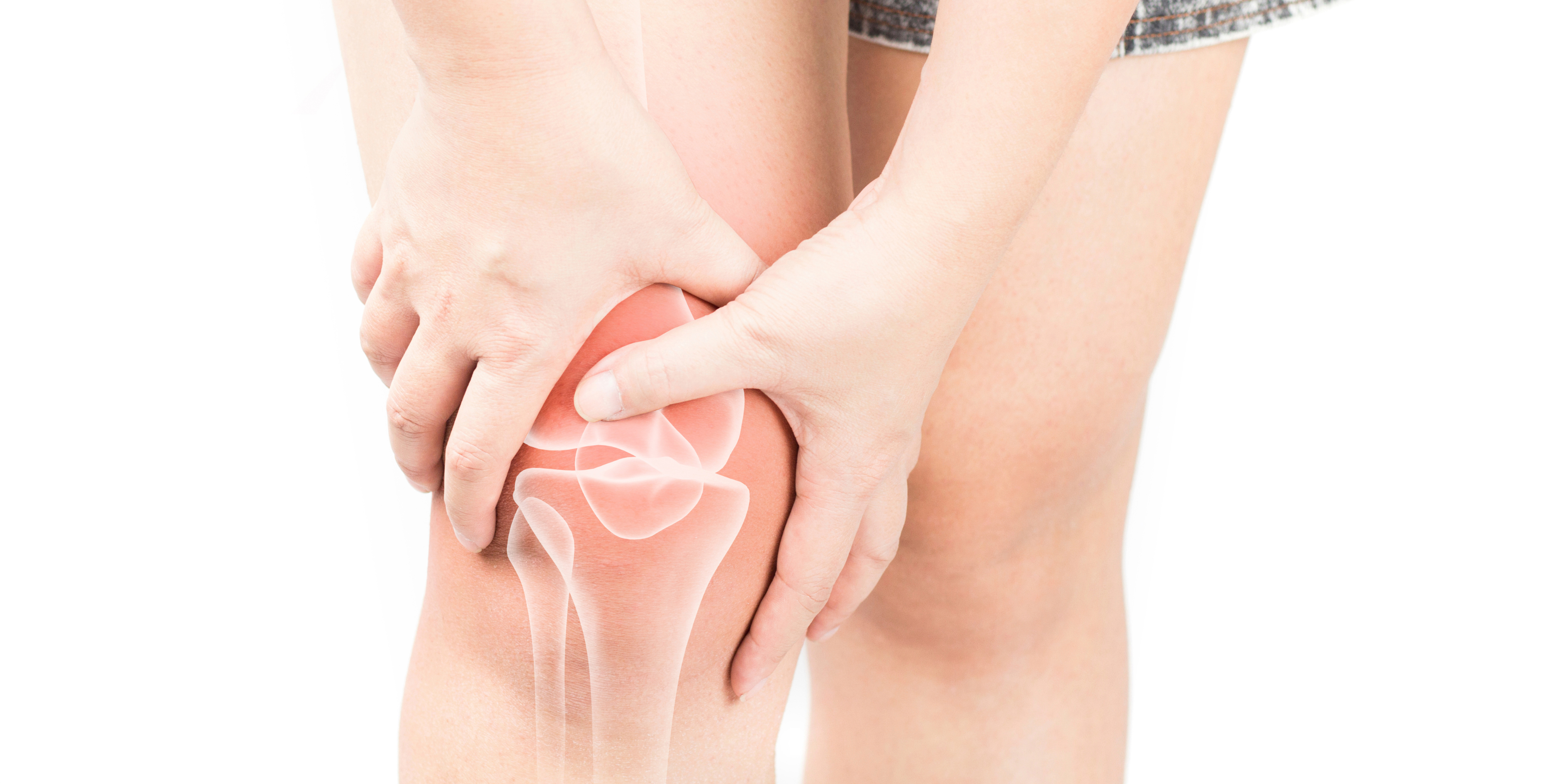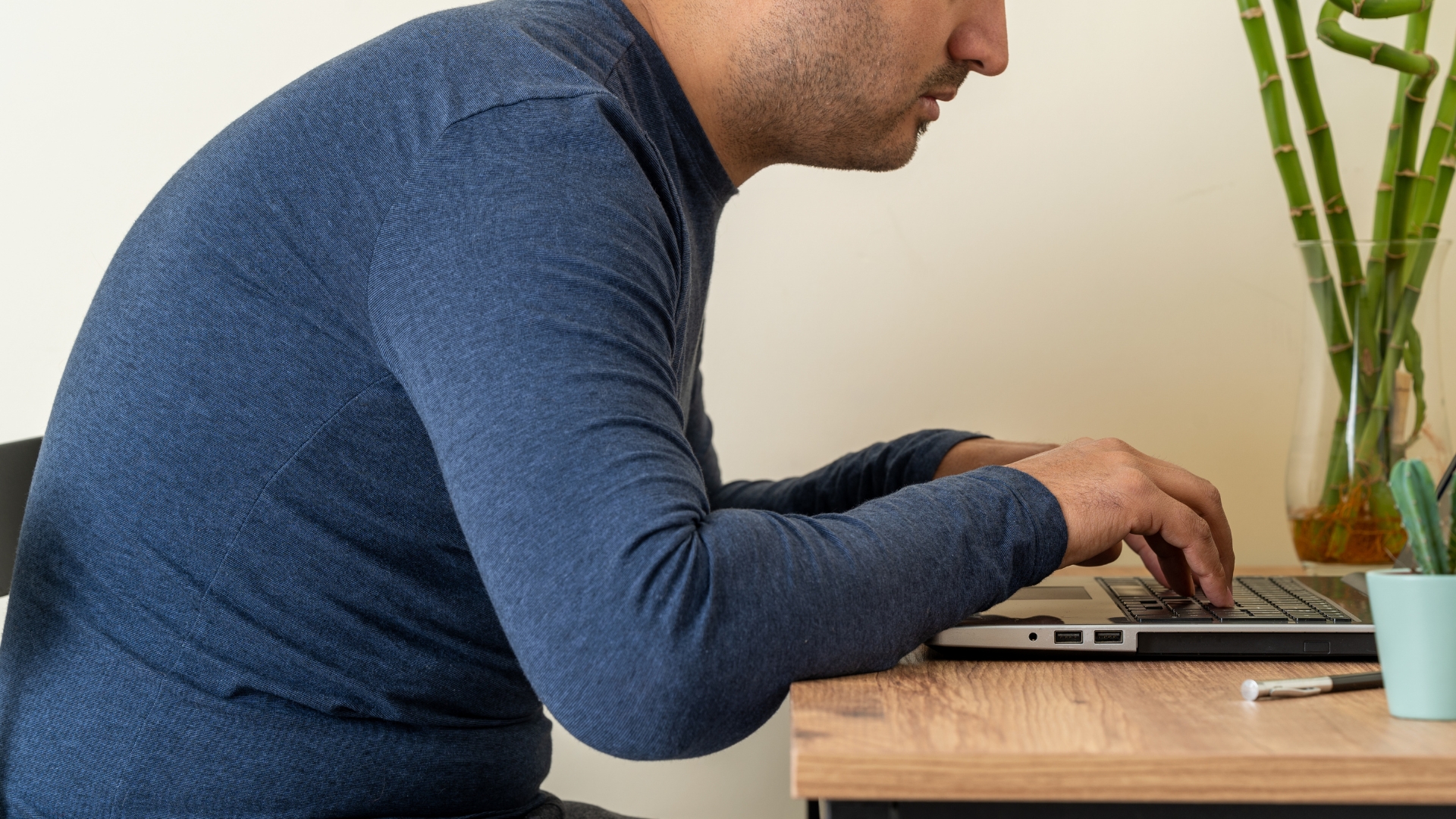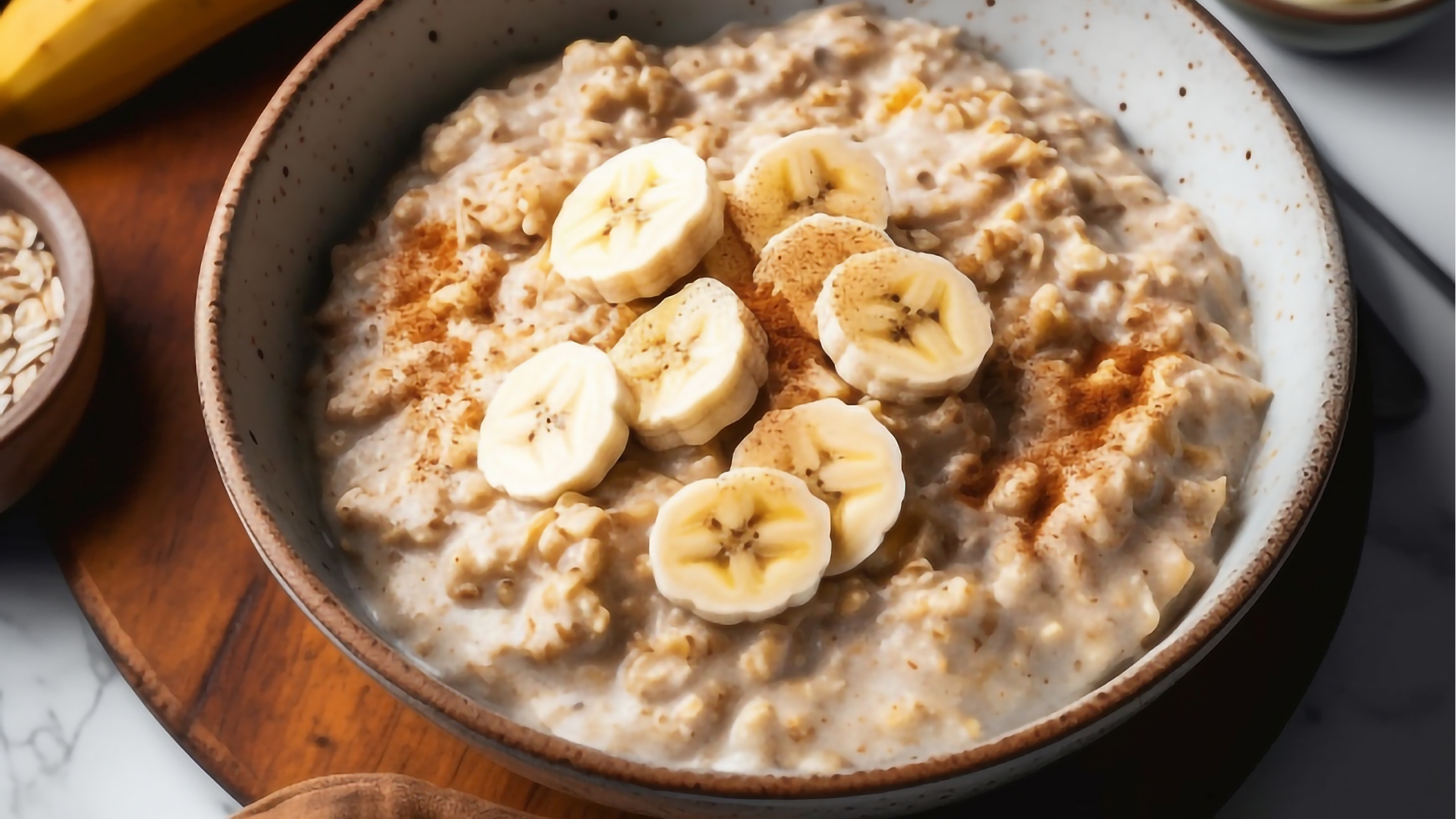5 Signs You Have Frail Bones — and How to Make Them Stronger

Protecting your bone health is more important — and easier— than most people realise, especially as we go through the ageing process and become more susceptible to brittle bones and joints as well as osteoporosis. Keep reading to learn five signs of frail bones and how to increase bone density to keep your bones strong!
1. Back and/or Neck Pain

Osteoporosis can cause your spine to get compression fractures, which are quite painful due to collapsed vertebrae pinching nerves. These symptoms can range from mild to debilitating pain.
Although osteoporosis itself does not cause back pain, it weakens the spine, making it unable to handle the normal stress of day-to-day wear and tear.
To prevent this from happening, make sure you include plenty of physical activity and stretching in your daily routine to keep your flexibility and ensure strong bones – or try one of our yoga workouts from our on-demand video hub!
2. Stooped Posture
The vertebrae compression can also cause the upper back to curve or become stooped. To avoid your posture from becoming stooped, practice good posture throughout your life by keeping your head level and in line with the rest of your body, keeping your feet shoulder-width apart, keeping your back straight, and bearing your weight primarily on the balls of your
feet.

3. Losing Inches
It’s natural to shrink as we age, but if you’re losing inches from your height prematurely or exceedingly fast, it could be a sign of bone frailness. To avoid this, make sure you eat a diet that’s high in calcium to keep your skeleton and muscles strong. The best sources of calcium include:
• Milk, cheese, yogurt, and other dairy products
• Bone-in fish, such as sardines
• Leafy green vegetables, including cabbage, kale, and broccoli
• Beans and chickpeas
• Nuts
• Dried fruits
4. Receding Gums
As odd as it sounds, your oral health and bone health are closely linked. This is because the teeth are connected to the jawbone, and when the jaw starts losing bone due to poor bone health, the gums can start to recede.
To keep your bones strong and healthy, make sure you are eating enough vitamin D. Good sources of vitamin D include:
• Oily fish like salmon, trout, and tuna
• Mushrooms
• Orange juice fortified with vitamin D
• Eggs
• Milk
• Cereal
• Oatmeal
You can also take a vitamin D supplement if you are not getting enough vitamin D naturally through your diet.

5. Frequent Broken Bones, Fractures, and Bruises
A tell-tale sign that your bones are not as strong as they used to be is if you break them or fracture them easily and if you start developing bruises easier than before. This can happen even when a mild impact causes a fracture or break — this commonly happens in the wrist, back, and hip, although it can happen anywhere.
Another way you can keep your bones healthy throughout your life and prevent osteoporosis is to avoid substance abuse and smoking. Women should not drink more than one alcoholic beverage per day, and men should not drink more than two to keep their bones strong and healthy.
Risk Factors for Frail Bones
The following factors can lead to frail bones:
• Smoking
• Drinking excessive amounts of alcohol
• Low physical activity
• Poor diet that lacks vitamins and minerals
• Age
• Medical conditions such as rheumatoid arthritis and chronic kidney
disease
• Bone cancer
Although some bone loss is natural as we age, it’s important to take the proper steps to ensure you keep your bones in tip-top shape so you can avoid the aches, pains, and chronic conditions that come with bone loss. If you’d like to learn more, please reach out to us today.




